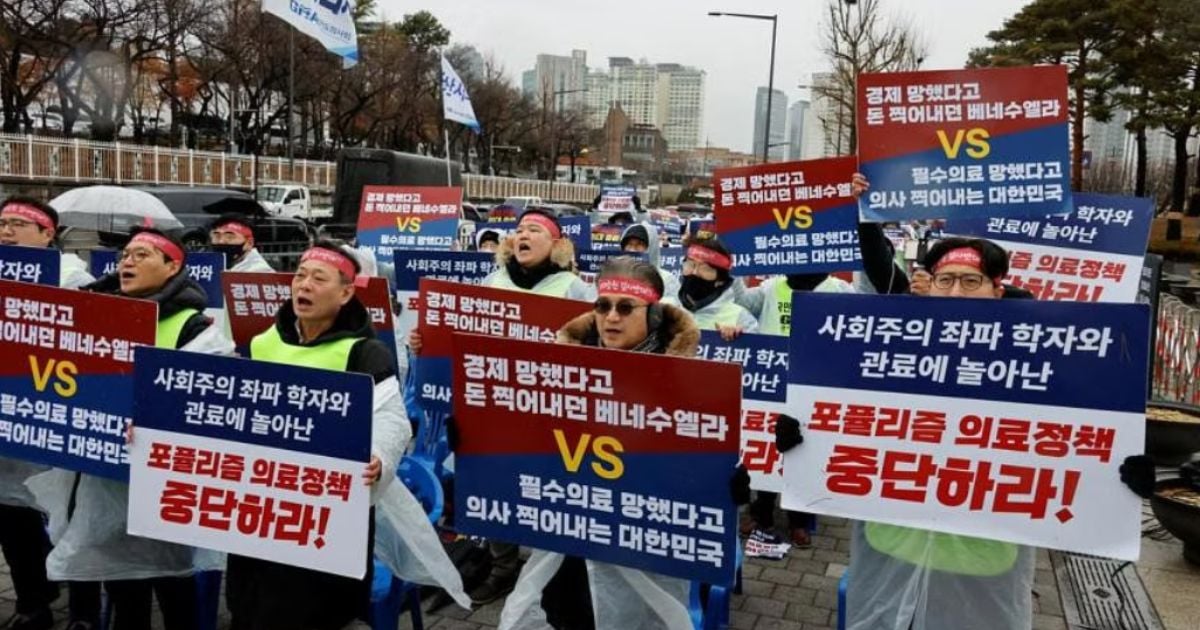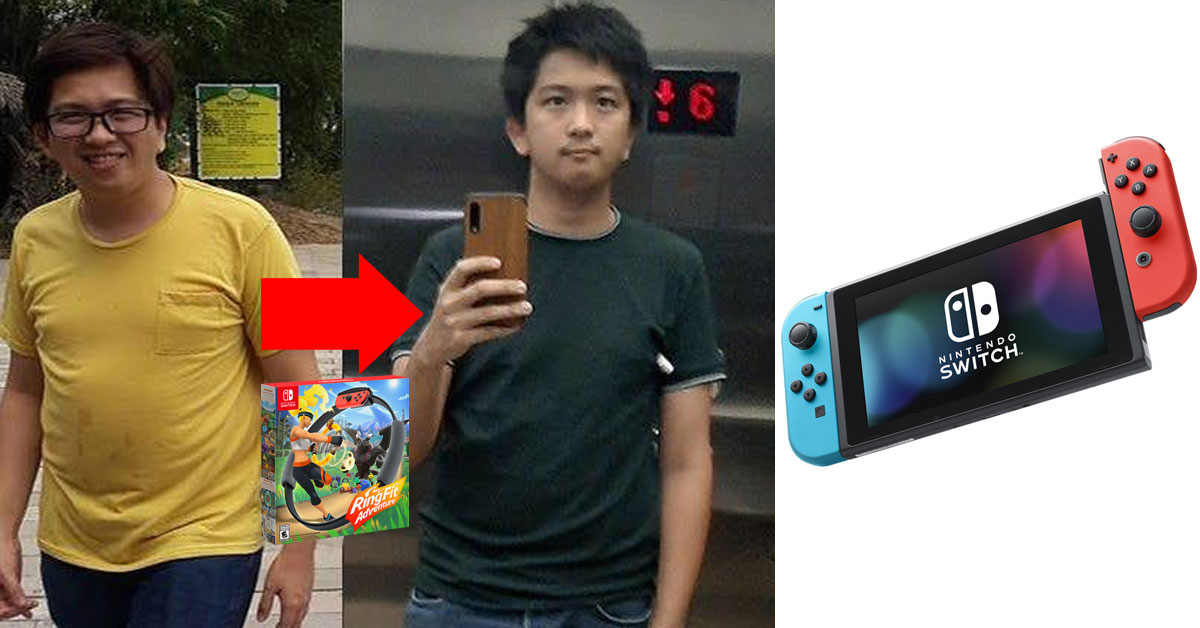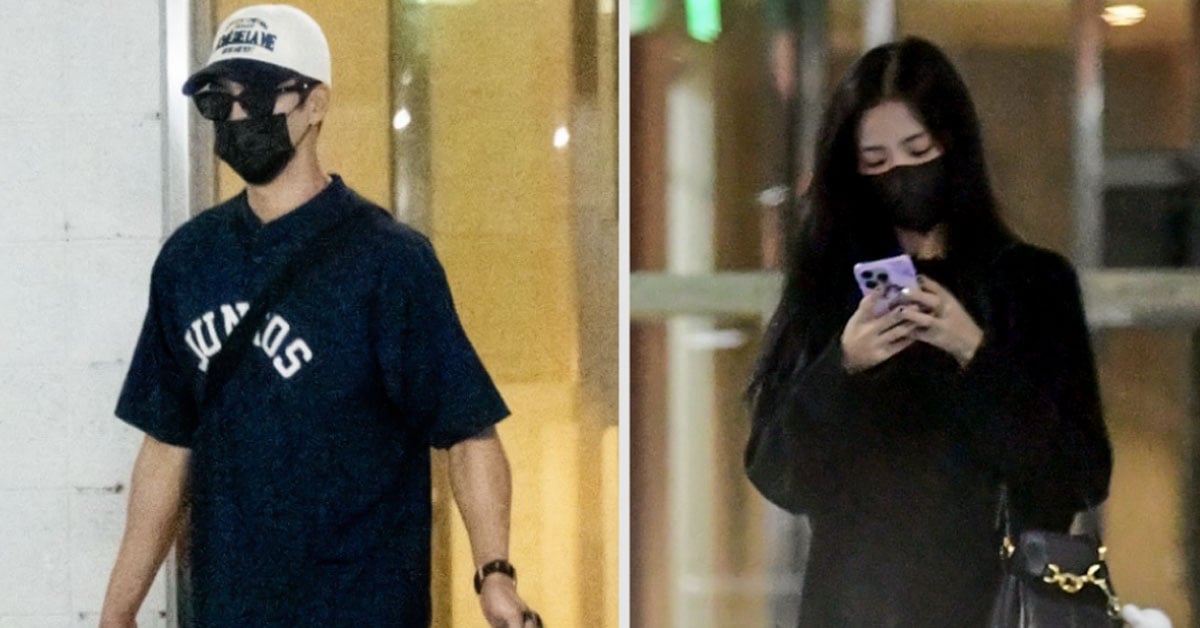Not many things are scarier than rushing into a hospital for a health emergency only to find out that there are not enough doctors around to help.
That was what’s been happening in South Korea since 20 Feb 2024, when junior doctors resigned and walked out of the hospitals in protest for medical training reforms.
The government’s response? Potentially suspending their licences.
Problems with Korean Healthcare
According to CNA, about 12,000 junior doctors, or about 93 per cent of the trainee workforce in South Korea’s healthcare scene walked off the job and ignored the government’s call to return to work.
Thousands of doctors, nurses and other medical professionals, including juniors, took to the streets to rally together and protest against the authorities. Medical professionals claim that they were being criminalised for demanding better rights.
Some shared that they have been extremely sleep-deprived, severely under-compensated and facing great pressure relating to patient expectations.
Instead of addressing those needs, the South Korean government issued a new healthcare policy which increases the intake from medical schools to curb the shortage of doctors.
While that may sound good to aspiring doctors who already face great academic pressure in this competitive field, doctors think that it dilutes the quality of healthcare because it is never guaranteed that they will serve long-term.
Calling Backup: The Military
Even in the face of legal threats, such as fining protestors and putting them in jail for up to three years for disrupting healthcare, many continue to fight.
This pushed Seoul to mobilise its military medics and depend on millions of dollars in state reserves to keep the healthcare scene running.
On Sunday (10 Mar), the Health Minister Cho Kyoo-hong said that 20 military surgeons and 138 public health doctors will work in civilian hospitals for a month to cover the manpower shortage.
At the same time, South Korea’s Health Ministry announced on 8 Mar that they have sent notifications to more than 4,900 trainee doctors whereby they will face a license suspension for three months.
Unfortunately, our aspiring doctors will have to graduate and qualify as specialists later, by at least a year.
It can be argued that this was an adequate response, given that surgeries and crucial medical procedures have to be delayed – or even cancelled. With the resurgence of flu-related viruses and the harsh weather in Korea, the hospitals have had an even longer wait time.
The government reassured protestors that new measures will be in place to protect medical professionals. This includes improved pay, enhanced training conditions, and a review of the 36-hour work period.
(Yes, 36 hours and there are only 24 hours in a day. Sigh)
This comes together with existing plans to admit more students to medical schools.
However, not all is in the clear. Doctors are technically still restricted from striking and the Health Ministry is calling the police to investigate protestors involved in the disruption.



